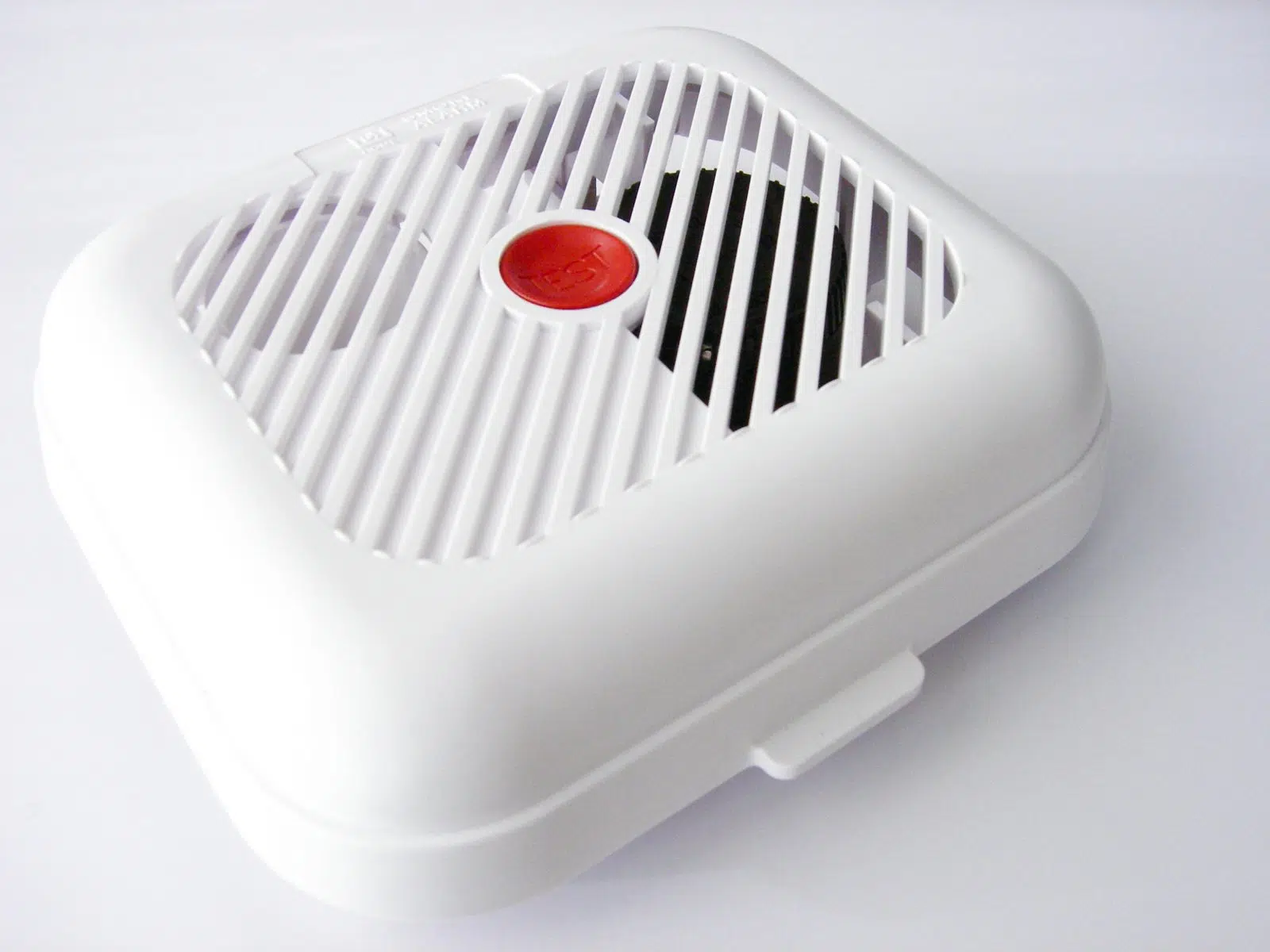Daylight saving time ends at 2 a.m. on Sunday, November 4, which means you will have to set your clocks back by one hour.
But it is not the only thing you should do, according to Kevin Comeau, a platoon chief with the Saint John Fire Department.
“When it comes to smoke alarms in your home, please remember, when you change your clocks, change your batteries,” Comeau told our newsroom. “It’s so important, not just with the smoke alarms, but the CO detectors, as well.”
Fire officials say the main reason smoke alarms and carbon monoxide detectors do not work is due to missing, disconnected or dead batteries.
And since the peak time for home fire fatalities is between 10 p.m. and 6 a.m. — when most people are asleep — working alarms can give you extra time to get out safely if there is a fire.
Don’t forget! At 2 a.m. on Sunday, Nov.4, the time changes to Standard Time. Clocks should be moved back one hour.
“Change your clocks – change your batteries” is a great way to remember to keep your home’s smoke alarms in working order. pic.twitter.com/L9SIOSuI9T
— Government of NB (@Gov_NB) November 2, 2018
Even if the batteries currently in your detectors work fine, Comeau said they should be swapped out for fresh ones.
“A lot of times, people will go out and buy a new package of batteries and assume that they’re gonna last indefinitely,” he said. “But there are times when they could have been on the shelf for a period of time.”
Comeau said you should test your smoke and carbon monoxide alarms at least once a month to ensure they are working properly.
Smoke alarms should be replaced 10 years from the manufacture date — usually found on the back of the alarm — and carbon monoxide alarms should be changed every seven or 10 years.
Story by Brad Perry
Twitter: @BradMPerry
Email: perry.brad@radioabl.ca
(Photo: freeimages.com)










